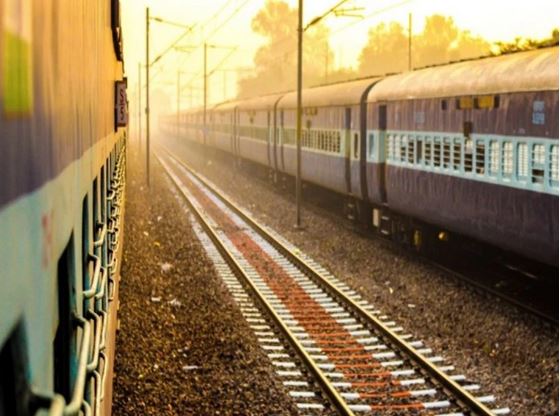Kathmandu: Nepal will not allow nationals from a third country to travel to India by rail via the recently launched Kurtha-Jayanagar railroad after Indian officials raised a red flag, citing security concerns, a media report said here Saturday.
“This was agreed while finalising the Standard Operating Procedure (SPA) for cross-border railway operation,” Deepak Kumar Bhattarai, Director General of the Department of Railways, was quoted as saying by The Kathmandu Post newspaper.
Nepal and India share a porous border, which has been a hotbed for criminals and terrorist activities.
October 22, India handed over the 34.9km-long cross-border rail link connecting Jaynagar in Bihar to Kurtha in Nepal to the Nepal government.
The SPA is a document outlining the procedures to be adopted while operating the railway service between the two countries.
India’s security concern was one of the reasons why it took so long to finalise the SPA, Bhattarai said.
According to the report, Nepal will notify India about passengers boarding the train to ensure seamless security clearance at the border.
“Based on the tickets issued, we will have to send details of the passengers who are travelling to India,” Bhattarai added.
India has been wary about the possibility of a surge in cross-border crimes if third country nationals are allowed to travel via the Kurtha-Jayanagar railroad, the report said.
The Jayanagar-Kurtha section is part of the 68.7km Jayanagar-Bijalpura-Bardidas rail link built under the Government of India’s grant assistance of NPR 8.77 billion.
The new infrastructure was built for broad gauge railway operation by replacing the narrow gauge, which was stopped more than seven years ago.
However, there’s still no clarity when the railway service will eventually resume.
That’s because the Nepal government is still to introduce an ordinance on railway service and the Nepal Railway Company is suffering from an acute shortage of manpower.
Four months ago, the current Sher Bahadur Deuba regime had tabled an ordinance on railway service in Parliament. But it failed to get the parliamentary nod.
PTI
